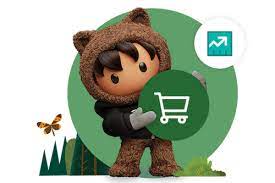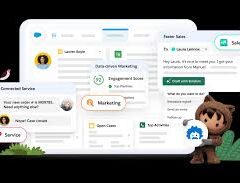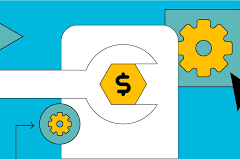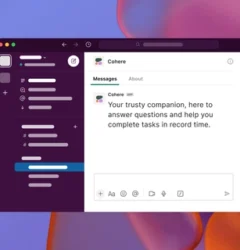A B2B, or “business-to-business” and a B2C, or “business-to-consumer,” are two separate business models that serve different types of customers: other businesses or direct to consumers. B2B and B2C business models have similarities.
A B2B company offers products or services to other businesses. A B2C company provides products or services directly to individual consumers.
Pardot is positioned for B2B marketing specifically, so its strengths lie with aligning marketing and sales, lead management and automated actions, as well as marketing campaigns.
Marketing Cloud offers greater capabilities when it comes to social media marketing and advertising, plus SMS campaigns. It focuses more on the B2C brands that communicate one-to-one via social or transactional mobile messaging.
However, both B2C and B2B companies can benefit from Pardot as their chosen marketing automation platform, and likewise, both B2B and B2C companies can leverage all advantages of Marketing Cloud.
If you are still hesitant about which marketing automation tool to choose and how to optimize it best, contact our Salesforce consultants at Tectonic. They will help you select the best product and guide you on how to get the maximum of its benefits.

B2B and B2C companies sell their products and services to different audiences, which requires different marketing and sales approaches.
B2B ecommerce used to be a simple thing: businesses would just put up a website and wait for their customers to come. Now, those days have gone the way of VHS tapes and answering machines.
Today’s ecommerce world is a place of:
- 24/7 seamless engagement
- personalised communication
- omnichannel customer experiences
Businesses don’t sit back and wait for something to happen — they reach out and meet their customers in their favorite spots. This is the anytime, anywhere world of B2C e-commerce, at least.
The customer journey” — e.g., the series of decisions a company or customer takes before completing a transaction — looks different for B2B and B2C businesses. Understanding what the customer needs before they can buy from your brand is fundamental to planning your sales, marketing, and customer service.










